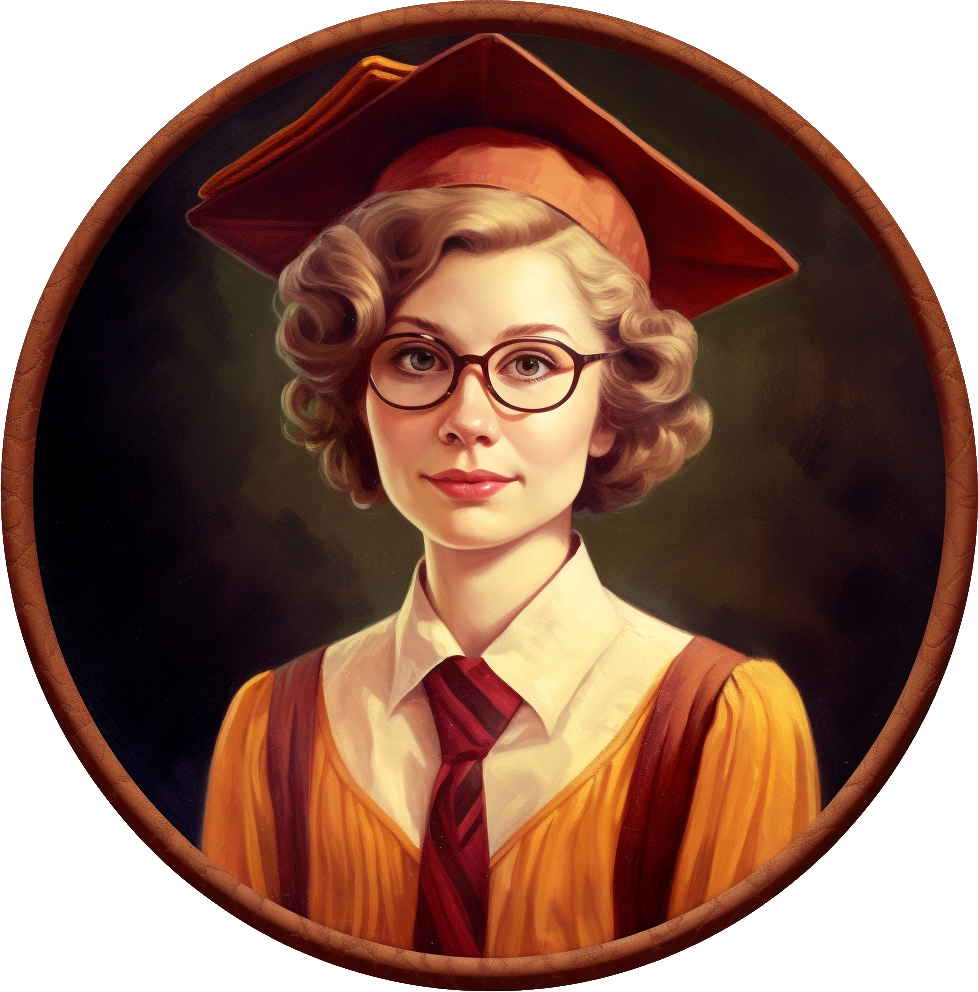A persistent theme throughout the 1820s is the tension between Enlightenment ideals and conservative reaction. The books and articles discussed below capture various facets of this conflict. William Hazlitt’s collection of essays examines intellectuals from the turn of the century, many of whom became swept up in the Romantic movement and adopted illiberal views. J. C. L. de Sismondi’s survey characterizes international relations in the first quarter of the nineteenth century as a struggle between the forces of liberty and tyranny and is optimistic for the former. Liberal ideas were advancing steadily in education, as seen in Henry Brougham’s pamphlet on Mechanics’ Institutes and adult education and the plans to found additional universities in England outside of Oxford and Cambridge.


I see that you’ve mentioned “The Ego and the Id” by Freud. There is another work of his, five lectures on psychoanalysis from 1909 that i find very fascinating to read, https://dspace.mit.edu/bitstream/handle/1721.1/65347/sts-003-spring-2008/contents/readings/freud.pdf. Freud introduces the ‘Talking Cure’ and case studies that led to him developing what we commonly know as therapy.